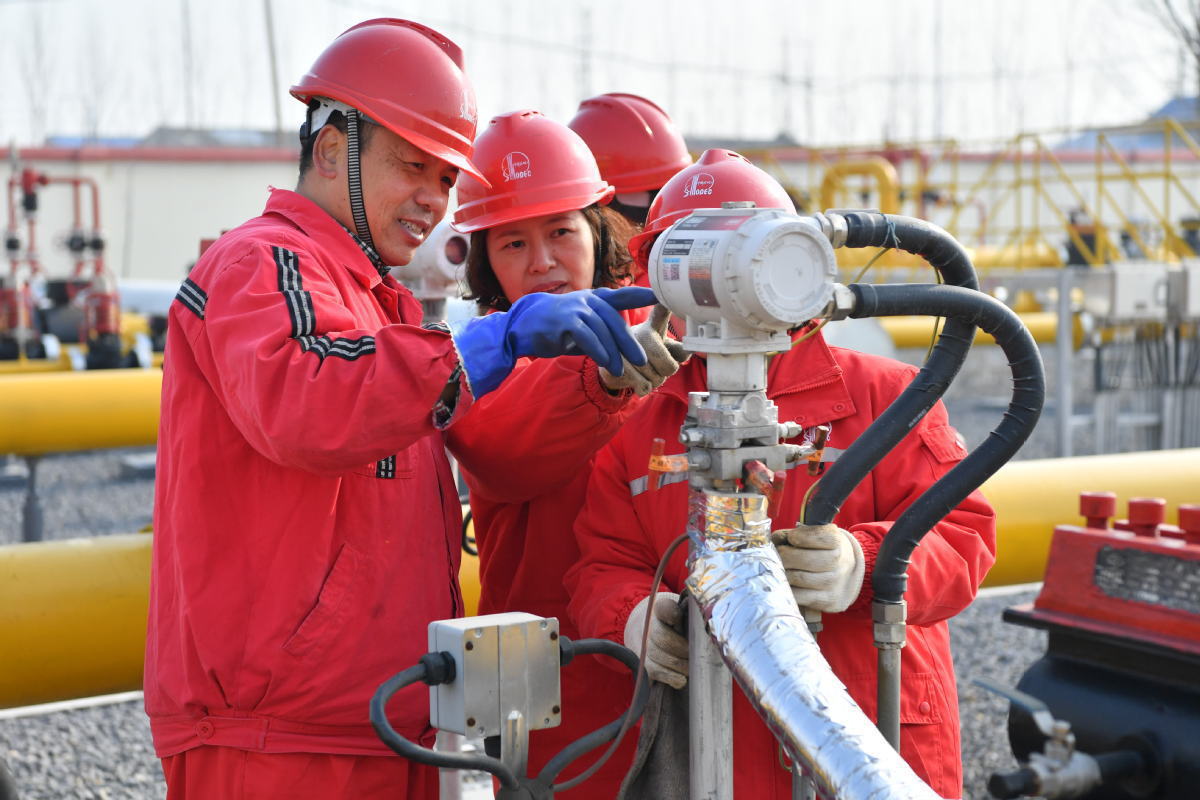China's oil, gas industry targets environmental improvements in 2019: Report


OSLO - China's oil and gas industry is set to reinforce efforts to reduce environmental impacts of its projects and operations in 2019, leading energy and shipping certification agency DNV GL said Tuesday in a report.
New research shows 61 percent of senior oil and gas professionals in China say their organizations are actively preparing for the transition to a lower carbon energy mix compared to 51 percent globally, according to DNV GL's annual report on the outlook for the oil and gas industry.
The Norway-based international certification agency said Chinese industry leaders' focus on decarbonization aligns with the government's new "Blue Sky" plan to tackle air pollution by reducing emissions of sulphur and nitrogen oxides and other pollutants by at least 15 percent from 2015 levels by 2020.
"DNV GL's research shows more companies across China's oil and gas value chain working to deliver the government's Blue Sky policy while simultaneously starting to adjust to the global transition to lower carbon energy production and consumption," said Arthur William Stoddart, regional manager of Greater China, Korea & Japan, DNV GL - Oil & Gas.
The research finds a clear majority, 79 percent, of senior industry professionals in China expect demand for gas to exceed supply in the next five years - compared with 43 percent globally - as the country's government continues to switch national energy consumption from coal to gas as part of its clean-up strategy.
It also shows 74 percent of China's senior oil and gas professionals predict increases in investment to decarbonize gas supply in 2019, compared with 56 percent globally. Almost two-thirds say not enough investment is currently being made in liquefied natural gas and pipeline infrastructure.
Brazil (93 percent) and China (87 percent) rank highest in the world for confidence in global oil and gas sector growth in 2019, compared to 76 percent globally. The confidence of China respondents in their organizations' own overall prospects this year are at a world-leading 92 percent, sharply higher than 70 percent last year.
However, in a test of the industry's resilience, nearly two thirds (63 percent) experienced cost inflation from suppliers in 2018, compared to 41 percent globally, the research showed.
Fifty-five percent in China and 40 percent globally think suppliers will drive notable price inflation in 2019. A total of 63 percent in China consequently expect to increase cost control this year, compared with 53 percent in 2018 and 23 percent in 2017, and with 44 percent globally in 2019.



































